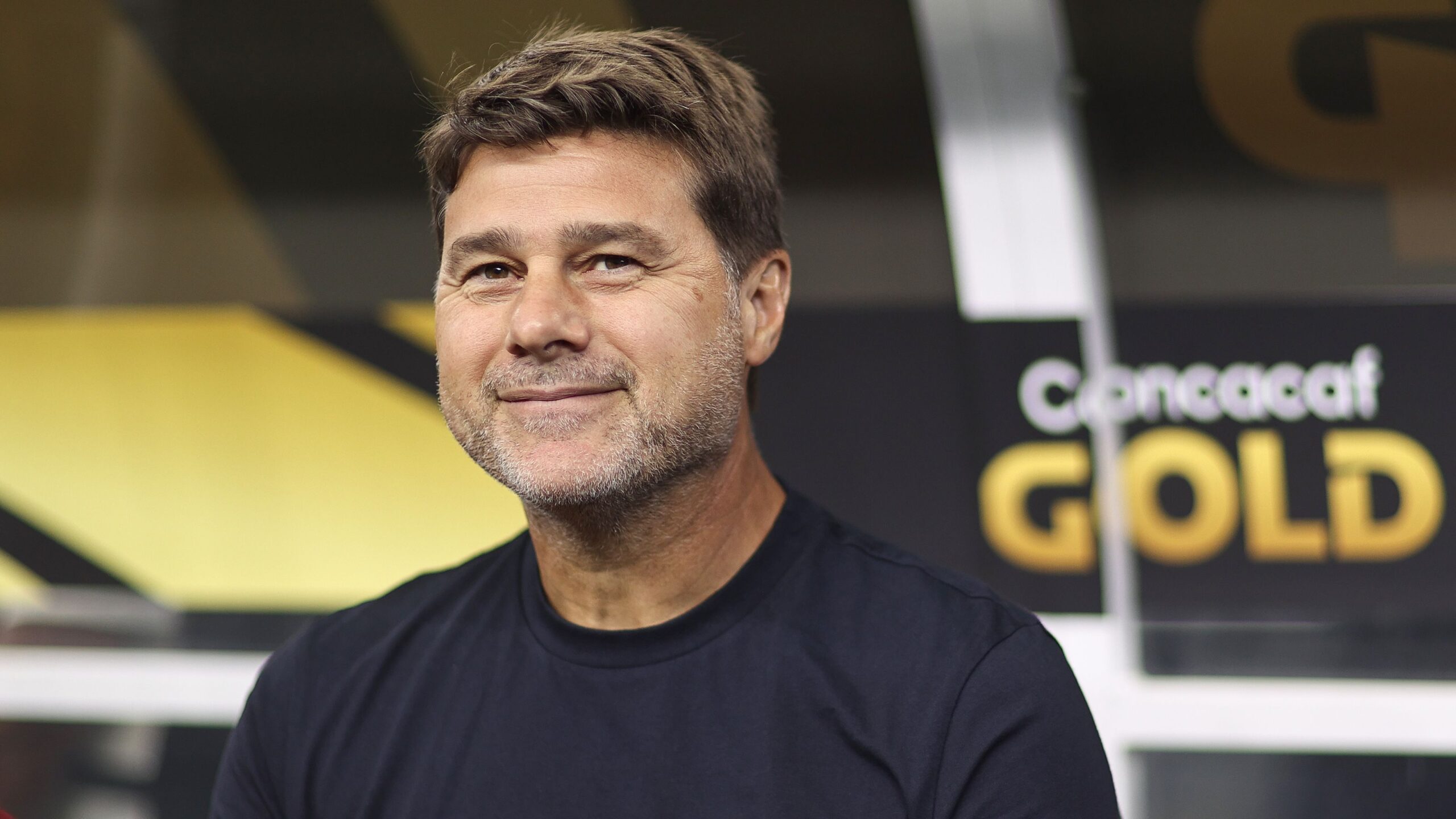With the 2026 FIFA World Cup steadily approaching, the clock is ticking for the United States Men`s National Team. As a co-host nation, expectations are not merely high; they are astronomical. This is not just another tournament; it is an opportunity on home soil that demands a groundbreaking performance. At the helm, head coach Mauricio Pochettino finds himself navigating a unique challenge: forging a cohesive, competitive squad in what has been described as a “timeline purgatory.” His chosen path? A fascinating, almost paradoxical strategy he terms “organized chaos.”
The Paradox of Precision and Unpredictability
Pochettino`s philosophy, while seemingly contradictory, forms the bedrock of his USMNT project. “I hate being predictable,” he states, a mantra that underscores his desire for a dynamic, adaptable team capable of unsettling any opponent. This isn`t an endorsement of anarchy on the pitch, but rather a sophisticated demand for individual brilliance to flourish within a rigorously defined tactical framework. Imagine a highly skilled jazz ensemble: each musician understands the core structure, yet possesses the freedom and talent to improvise, creating unexpected harmonies and rhythms that delight and surprise. This, in essence, is Pochettino`s vision for the USMNT.
“You need these types of talents, talented players that can do different things from respecting the organization, but having the possibility to also create the chaos in the opponent because he`s creating the chaos in the other team, but with organization. I don`t know if I can explain, but I try.”
Such an approach requires specific types of players. Those who can adhere to a system while possessing the innate ability to conjure moments of individual magic. Players like Christian Pulisic, the team`s acknowledged “star boy,” are central to this. His capacity to dribble, create, and score from seemingly impossible situations perfectly embodies the individual chaos Pochettino seeks to harness. The challenge lies in ensuring this creative freedom serves the team`s overarching objective, rather than devolving into isolated endeavors.
Sergino Dest`s Return: A Catalyst for Controlled Anarchy
A significant piece of Pochettino`s “organized chaos” puzzle is the reintegration of Sergino Dest. After a year-long absence due to an ACL injury, Dest`s return is highly anticipated. Described by defender Chris Richards as “probably the most attacking fullback in the world,” Dest brings a unique blend of defensive responsibility and offensive flair. His ability to operate comfortably on both flanks, push high up the pitch, and even drift into midfield positions makes him an ideal candidate for creating the very “superiority” and “space on the line” Pochettino covets.
Dest`s presence could unlock new tactical dimensions, allowing the USMNT to morph formations mid-game and create numerical advantages in attacking phases. He represents the living embodiment of the coach`s desire for players who can transcend traditional positional roles, constantly adapting and exploiting defensive gaps while still maintaining a robust organizational structure behind them.
The Expanding Universe: A 60-Player Bet
Perhaps the most audacious aspect of Pochettino`s strategy has been his expansive approach to player selection. Rather than narrowing down a core group with the World Cup looming, he has cast a wide net, evaluating an estimated 60 players. This decision, predictably, has sparked debate. Some observers express concern that such broad experimentation might impede the development of vital team chemistry, a critical component for success in major tournaments.
However, Pochettino`s reasoning is clear: leave no stone unturned. His fear is not of a lack of chemistry, but of overlooking a burgeoning talent. The example of 18-year-old Noahkai Banks, an FC Augsburg prospect, perfectly illustrates this. Pochettino emphasizes the need to identify and understand such players early, before they surprise everyone by rapidly ascending to the elite level. In a landscape where talent can emerge swiftly, the USMNT, he argues, cannot afford to be complacent, especially with an “open” squad where spots are genuinely up for grabs.
A Ruthless Meritocracy: Earning Every Spot
Under Pochettino, the notion of a “hierarchy” within the USMNT appears to have been dismantled. The message is unequivocal: “You`re only as good as your last camp.” This creates an environment of relentless competition, where every training session and every minute on the pitch is an audition. Defender Chris Richards articulates this sentiment: “Every time you come into camp is a chance to earn your spot so your place is never safe.”
The Concacaf Gold Cup, where Pochettino deliberately fielded a less experienced squad, served as an initial proving ground. It was an opportunity for these players to immerse themselves in his intense, attack-minded style and demonstrate their capability and commitment. The upcoming friendlies against South Korea and Japan represent the final opportunities for this extensive player pool to expand before Pochettino focuses on fine-tuning his core group for the monumental task ahead.
The Road Ahead: Friendlies as Crucible
With roughly 10 games remaining on the calendar after this month`s friendlies, the focus will soon shift from experimentation to refinement. Pochettino`s agenda is now clear: the current camp is the last chance to add new faces and ensure they “buy the idea.” The subsequent matches will be dedicated to honing the team`s tactical understanding, deepening player connections, and achieving peak condition for 2026.
Mauricio Pochettino`s tenure with the USMNT is shaping up to be an intriguing study in modern football management. His embrace of “organized chaos,” his meticulous yet expansive player recruitment, and his insistence on a ruthless meritocracy create a high-stakes, high-pressure environment. Whether this unconventional, ambitious blueprint will culminate in a groundbreaking performance on home soil for the 2026 World Cup remains to be seen. But one thing is certain: it will be anything but predictable.

